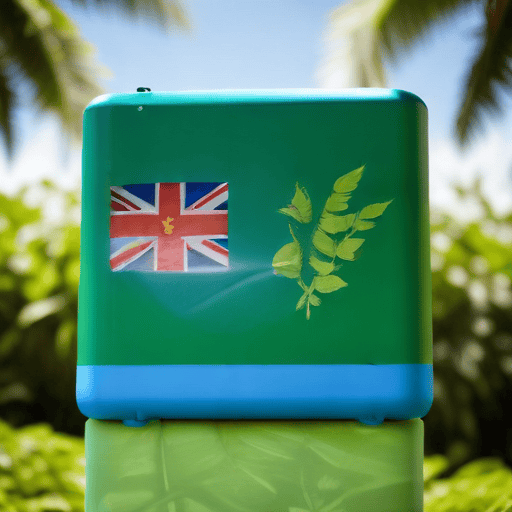The Fiji Gas Hydrogen Dual-Fuel Generator Demonstration Project was officially launched on Tuesday at the Tanoa Waterfront Hotel in Lautoka. This initiative is a collaborative effort involving Fiji Gas, the Japanese company Obayashi Corporation, and Halcyon Power, a New Zealand-based firm.
Halcyon Power operates as a 50/50 joint venture between Tūaropaki Trust in New Zealand and Obayashi Corporation, focused on producing green hydrogen. The project commenced in February of last year and is set to conclude in January this year. It is established at Veitari, Lautoka, and will utilize a blend of green hydrogen and diesel. This approach is intended to reduce carbon emissions while ensuring a reliable energy supply.
As the first dual-fuel generator of its kind in the Pacific, this project will highlight how green hydrogen generated from geothermal energy in New Zealand can be integrated into power systems. While the financial details of the initiative remain undisclosed, it has been confirmed that both the Ministry of Economy and the Japanese government are providing partial funding.
Abas Ali, Operations Manager at Fiji Gas, emphasized the significance of the partnership with Obayashi Corporation as part of an international consortium aimed at implementing the project. He noted that the dual-fuel hydrogen generator is now fully integrated into the power supply system at the Fiji Gas terminal, contributing to reduced electricity costs for the Lautoka terminal site.
Dr. Kenichi Ando, managing executive officer and head of the green energy division at Obayashi Corporation, expressed gratitude towards the Fijian government for its support. He stated that this project serves as a pivotal test for introducing hydrogen not just in Fiji, but potentially to a global market.
Dr. James Ataria, deputy chair of Tūaropaki Trust, remarked on the project’s importance as a significant step towards decarbonizing Fiji’s economy and the broader Pacific region. He noted the commitment to enhancing the environmental sustainability of commercial operations while respecting natural heritage and preserving bio-diversity.
This innovative project serves as a promising example of how international partnerships and green technology can contribute to a sustainable future for energy in Fiji and beyond. With the focus on reducing carbon emissions and utilizing renewable energy sources, it reflects a growing trend in the region towards sustainable development and environmental stewardship.
In summary, the launch of the hydrogen dual-fuel generator project marks an important milestone for green energy initiatives in Fiji, paving the way for more sustainable practices that could benefit both the local and global community.

Leave a comment